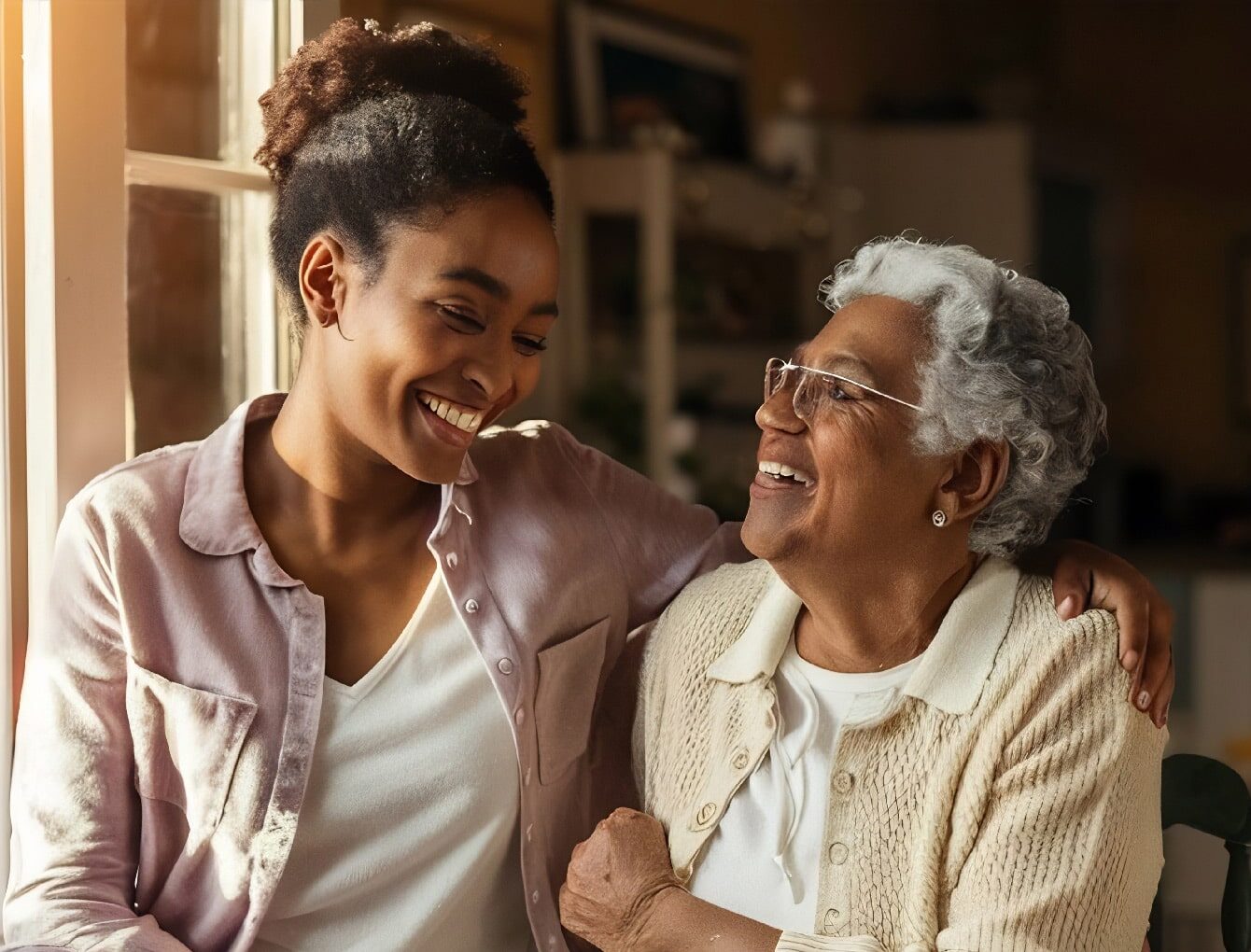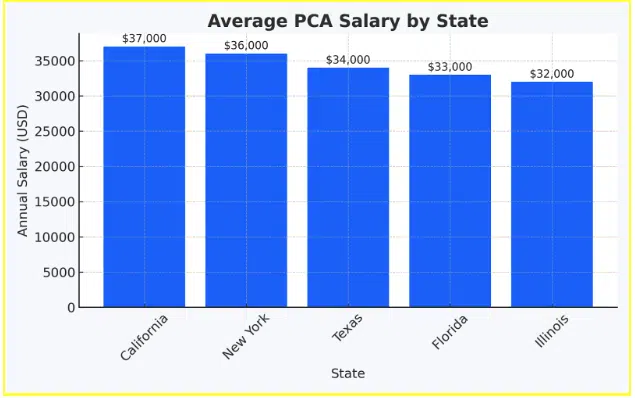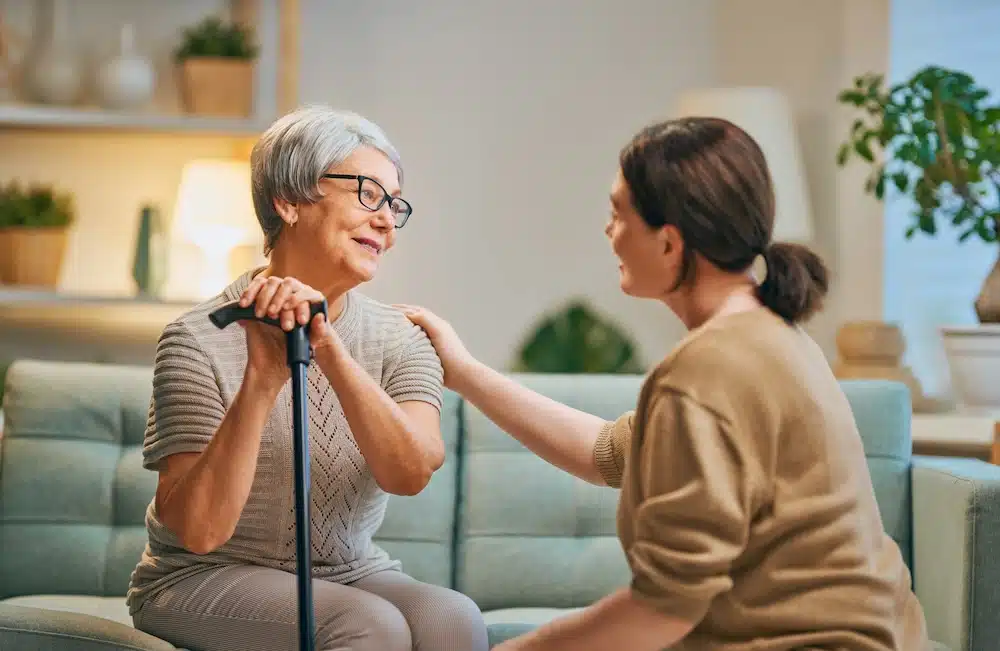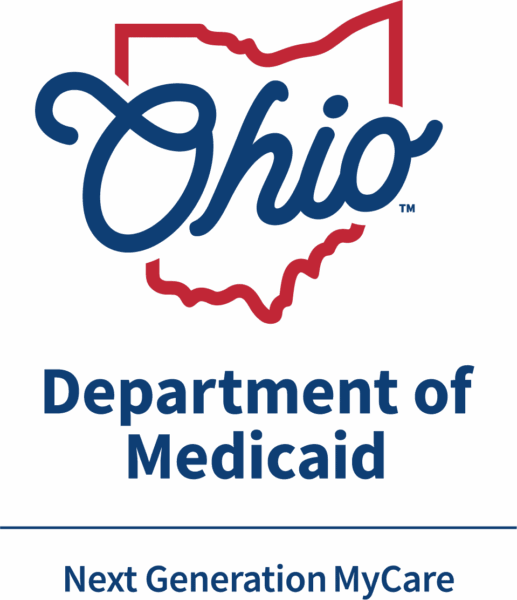What Is a Personal Care Assistant (PCA)?
If you’ve ever considered a career in healthcare but felt overwhelmed by the time or cost involved in becoming a nurse or doctor, starting out as a Personal Care Assistant (PCA) may be the ideal path for you. A PCA plays a critical role in the day-to-day care of patients, offering both physical assistance and emotional support. These paraprofessionals often work under the supervision of nurses and doctors to help patients with essential tasks such as bathing, dressing, eating, and mobility.
In New York State, FreedomCare works with PCAs through a Licensed Home Care Services Agency (LHCSA). This arrangement allows friends and loved ones to be employed as paid caregivers, helping people receive care at home from someone they trust. As part of this model, FreedomCare ensures that each PCA is properly onboarded, supported, and aligned with the care plan developed by a nurse supervisor. It’s a unique and empowering way to start a healthcare career while making a real difference for someone you care about.
Whether you’re a recent high school graduate exploring your options, someone looking to re-enter the workforce, or an individual seeking a more meaningful and people-centered career, the role of a PCA offers valuable experience and a direct connection to patient care. It’s also a strong stepping stone into more advanced healthcare roles such as a Certified Nursing Assistant (CNA), Licensed Practical Nurse (LPN), or even Registered Nurse (RN).
This guide will walk you through everything you need to know about becoming a Personal Care Assistant—from the responsibilities you can expect on the job, to training and certification options, to salary expectations and long-term career opportunities in the healthcare field.

What Does a Personal Care Assistant Do?
PCAs handle a variety of responsibilities that ensure the well-being and dignity of patients. These duties can include:
- Helping patients bathe, dress, and maintain hygiene
- Assisting with mobility, including transfers and exercises
- Meal preparation and feeding patients
- Providing emotional companionship and support
- Reporting patient concerns to nurses or physicians
PCAs work in diverse settings such as hospitals, nursing homes, assisted living facilities, or private homes. Regardless of location, the core mission remains: improve patient quality of life through compassionate care.
Skills and Traits of a Great PCA
Being a Personal Care Assistant (PCA) goes far beyond completing tasks—it’s about showing up each day with empathy, resilience, and a genuine desire to make a difference. PCAs are often the first line of support for patients, and their presence can shape a person’s entire care experience. Because of the close, personal nature of the job, certain qualities make someone especially well-suited for the role.
Being a PCA is more than just following a checklist. It requires:
- Compassion
- Physical Strength
- Clear Communication
- Patience
- Time Management
If you’re someone who finds meaning in helping others and thrives in fast-paced environments, this career may be a perfect match.
How to Become a Personal Care Assistant
To become a Personal Care Assistant (PCA), you typically need a high school diploma or GED, followed by completion of a state-approved PCA training program. These programs, offered through community colleges or healthcare providers, teach basic patient care skills like hygiene assistance, mobility support, and vital sign monitoring. While certification isn’t always required, some states or employers may prefer or mandate it. Many facilities also provide on-the-job training. Becoming a PCA is a quick and accessible way to start working in healthcare, especially for those interested in a hands-on, patient-focused role with opportunities for career advancement.
One of the biggest draws of becoming a Personal Care Assistant (PCA) is the accessible path. To get started, you will need:
- High School Diploma or GED
- PCA Training Program – Completion of a New York State Department of Education (NYSED) or Department of Health (DOH) approved program is required. These programs typically consist of a 40-hour training course that covers essential patient care skills.
- Certification – Certification is required, not optional, and is awarded upon successful completion of the approved PCA training program.
Career Opportunities and Advancement
Starting your career as a Personal Care Assistant (PCA) doesn’t mean staying in one place. In fact, it’s one of the best entry points into the healthcare field, offering both hands-on experience and a solid foundation for future growth. Whether you’re looking to climb the clinical ladder or specialize in a specific area of care, working as a PCA can provide valuable exposure and help you build essential skills that transfer to more advanced roles.
Being a PCA can open doors in healthcare. Many use it as a launching pad for roles like:
- Certified Nursing Assistant (CNA)
- Licensed Practical Nurse (LPN)
- Registered Nurse (RN)
- Physical Therapist Assistant
- Medical Assistant
Personal Care Assistant Salary and Job Outlook
As of 2025, the average PCA salary in the U.S. is approximately $34,900 annually, according to the U.S. Bureau of Labor Statistics, but it varies by location and experience.

Factors That Affect Salary:
- State: California and New York offer some of the highest wages
- Experience: Raises typically come with more time on the job
- Employer Type: Hospitals tend to pay more than private households
Job demand is high and expected to grow as the aging population expands and more people need long-term care support.
A Day in the Life of a PCA
Working as a Personal Care Assistant (PCA) is both dynamic and deeply rewarding. No two days are exactly the same, but each shift is filled with meaningful interactions and essential care tasks that directly impact patients’ well-being. PCAs often develop strong bonds with those they care for, becoming a vital part of their daily routine and emotional support system. Whether it’s helping someone get out of bed, assisting with meals, or simply offering a kind word, every moment matters in this role.
Here’s what a typical shift might look like:
Morning
- Receive handoff report
- Assist with hygiene and dressing
- Help with breakfast and medication reminders
Afternoon
- Record vital signs
- Support mobility exercises
- Provide emotional and social interaction
Evening
- Prepare patients for dinner
- Help with personal care routines
- Document care tasks and hand over to night staff
Every day brings a mix of hands-on tasks and moments of real connection.
Is a Career as a Personal Care Assistant Right for You?
Ask yourself:
- Do I enjoy helping others, even with personal care?
- Can I handle emotionally challenging situations?
- Do I want to explore healthcare long-term?
- Am I willing to work flexible shifts, including nights or weekends?
If you answered “yes,” this could be the rewarding career path you’ve been looking for.
Conclusion
Working as a Personal Care Assistant is one of the most meaningful and impactful careers in healthcare. It allows you to make a difference in people’s lives every single day—whether that’s helping someone regain their independence or simply offering a smile and a listening ear.
At FreedomCare, we believe compassionate caregivers deserve recognition, support, and the opportunity to thrive in roles that truly matter. If you’re ready to take the first step, research PCA training programs in your area—and know that organizations like FreedomCare are here to champion the work you do every day.
Click here to start your journey toward a purpose-driven career in patient care today.








